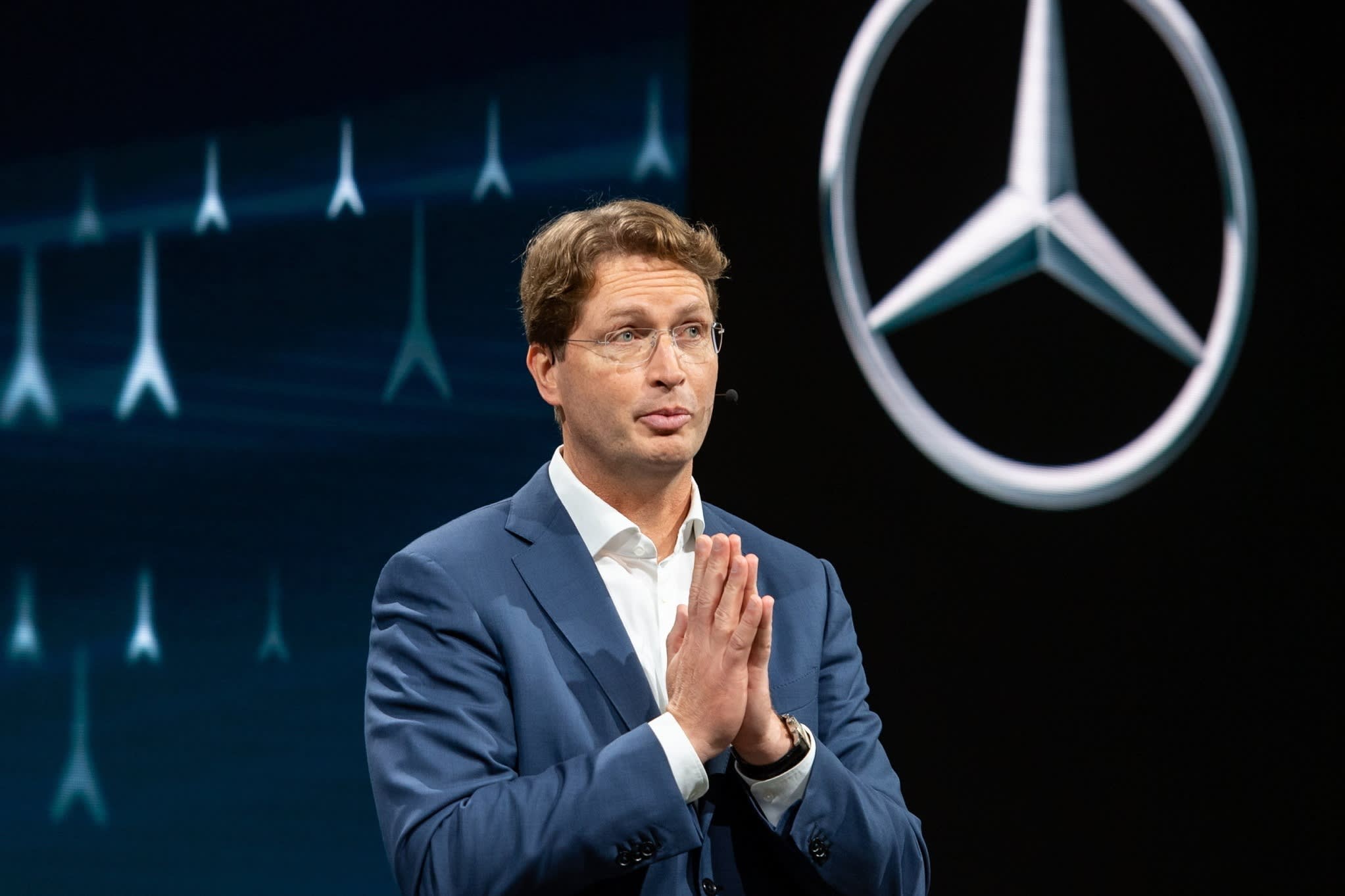Stay informed with free updates
Simply sign up to the European companies myFT Digest — delivered directly to your inbox.
Europe should follow the Chinese “playbook” and include hybrids in its push to lower emissions from cars, industry bosses have said, as they warned Brussels that sticking to its 2035 ban on petrol engines put the bloc’s biggest industry at risk.
Ola Källenius, the president of European car industry body ACEA, told the Financial Times that China was the most advanced country in “decarbonisation of mobility” thanks to a policy encouraging not just electric vehicles but also hybrids and other technologies to cut emissions.
“No date, no ban, technology openness . . . if that playbook has been successful, why are we not willing to at least discuss the European version of that?,” Källenius, who is also chief executive of Mercedes-Benz, said.
His view was echoed by Matthias Zink, chief executive of the car parts supplier Schaeffler who also heads Clepa, the automotive suppliers industry body: “What China did well was no regulation on technology . . . what is wrong in copying that idea?”
The car industry has become increasingly vocal in its calls for the European Commission to reconsider a ban on new petrol engine cars starting in 2035, arguing that it forced carmakers to push all their investment into EVs rather than a range of lower-emission alternatives.

In a letter to the commission on August 27, ACEA and Clepa argued that meeting such “rigid” targets for zero emission vehicles was “in today’s world, simply no longer feasible”.
Brussels has already eased rules that set out company specific emissions reduction targets for 2025, allowing carmakers to spread out their compliance with the rules over three years.
In another move to support the industry, the commission has also imposed tariffs on imports of Chinese EVs, arguing that they are unfairly subsidised by Beijing and are undercutting their European rivals.
EU officials are reluctant to revise the 2035 combustion engine ban as sales of EVs have risen this year on the back of more affordable new offerings.
EVs accounted for 17 per cent of the EU market from January to July including Norway and Iceland, while hybrids and plug-in hybrids captured 43 per cent of the market. The EV ratio is expected to reach 22.6 per cent next year, according to Schmidt Automotive Research.
Källenius stressed that the car industry was committed to decarbonisation with hundreds of billions of euros already invested in the shift to electric. But Europe also needs to invest more heavily in charging infrastructure and supply chains, areas that China’s industrial strategy has focused on to promote EVs in addition to purchase subsidies.
“If you want to increase the chance of success of that electrical main road, that’s where we also need to put money in,” he added.
Källenius also highlighted the risk that ahead of any ban, consumers would rush to buy combustion engine cars and hang on to them. That would “significantly reduce” the car market in the first year of the ban and small companies would struggle to weather the downturn, he said.
There was a “great risk” in severely “denting Europe’s biggest industry”, Källenius warned.
Mercedes-Benz has been among the slowest European carmakers to make progress with EVs. In the first half of the year, just over 8 per cent of cars it sold worldwide were battery powered, compared with 18 per cent at BMW, 16 per cent at Renault and 11 per cent at Volkswagen.
Meanwhile, China’s uptake of battery-run cars has continued to accelerate, with EVs expected to outsell traditional internal combustion cars for the first time this year.
Despite the recent growth in sales in Europe, building battery-powered cars requires huge investments. EVs are also less profitable than selling petrol vehicles, putting pressure on carmakers at a time when they are grappling with higher US tariffs.
The industry remains divided on the decarbonisation path with EV-focused carmakers such as Volvo Cars and Polestar have warned against softening of the targets.
More than 100 business leaders were appealing for Brussels to stay the course on the 2035 target, in a letter to be published next week, according to Chris Heron, secretary-general of E-Mobility Europe, a Brussels-based trade association.
“A dilution of the 2035 goal risks undermining investor confidence and consumer trust, while handing more advantage to global competitors.”
Climate Capital

Where climate change meets business, markets and politics. Explore the FT’s coverage here.
Are you curious about the FT’s environmental sustainability commitments? Find out more about our science-based targets here


